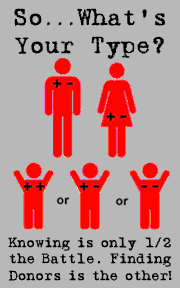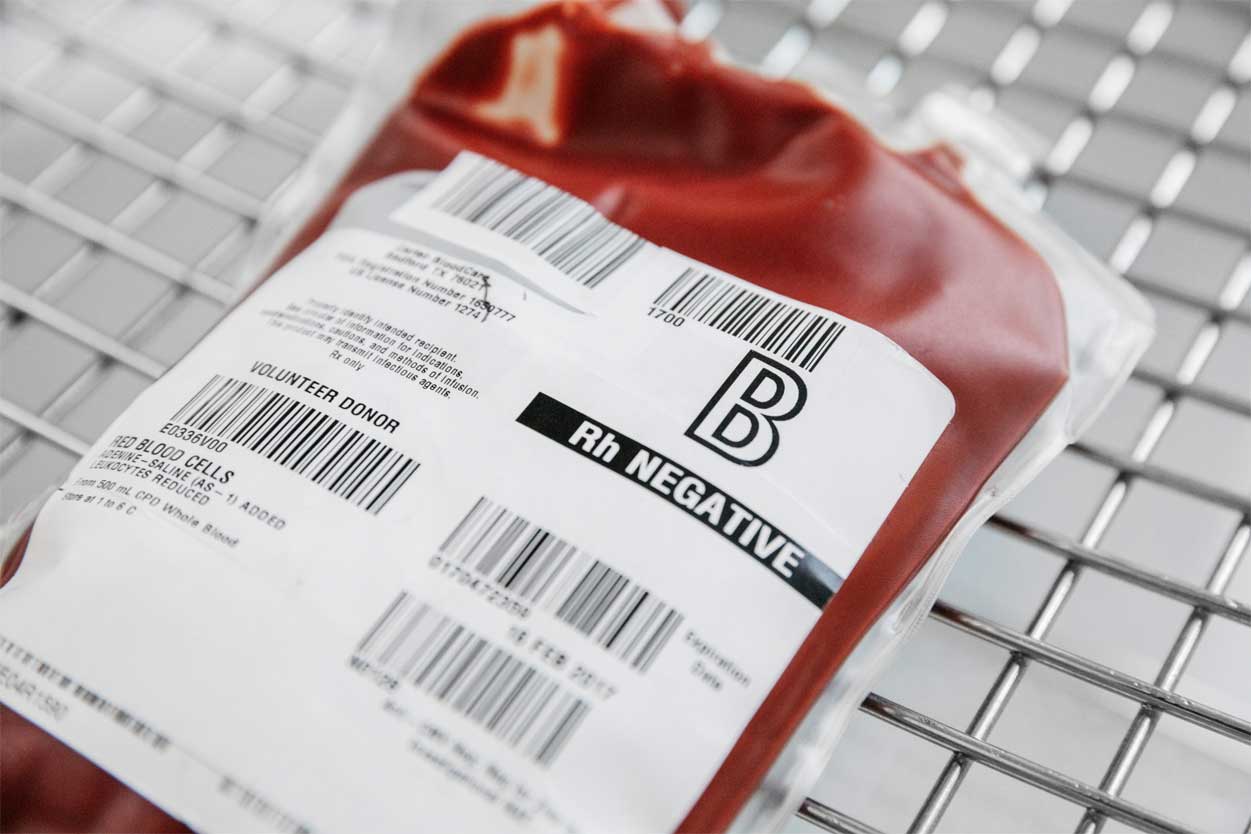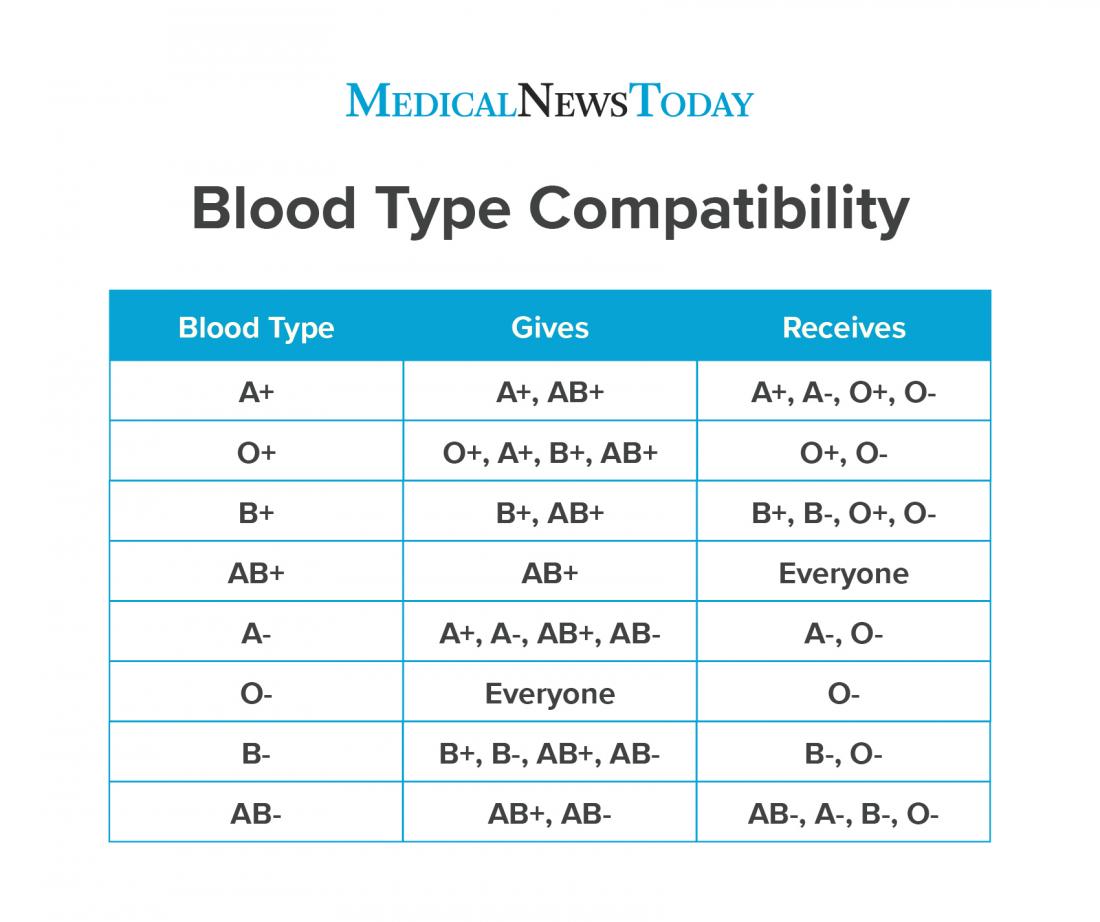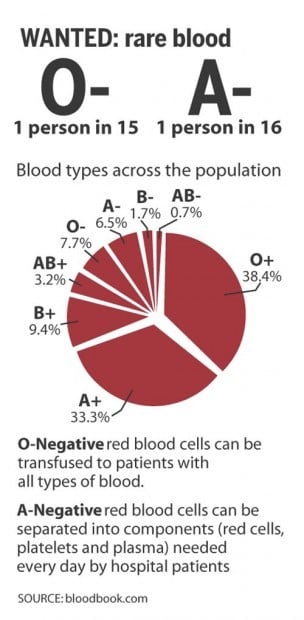



This is why people with type O blood are considered “universal donors.” But people with type O blood can receive only type O blood. For example, AB blood has both the A and B antigens, so a person with this type of blood can receive either type A or B blood.Įveryone can receive type O blood because it doesn’t contain any antigens. To add complexity, blood types don’t always need to be an exact match to be compatible. This can have life threatening results, which is why medical centers worldwide have strict procedures to keep this from happening. But antibodies can also attack antigens that aren’t in your natural blood type.įor example, if you have type B blood mixed with type A blood during a transfusion, your antibodies will destroy blood cells with the A antigens. Usually, they attack viruses and bacteria. These help fight off foreign bodies your immune system doesn’t recognize. Your immune system naturally contains protective substances called antibodies. People with Rh null blood phenotypes may also be at risk of developing chronic hemolytic anemia, which causes your body to destroy immature red blood cells. Due to the scarcity of golden blood, there’s a small group of regular donors worldwide. Also nicknamed “golden blood” due to its extreme rarity, only 1 out of every 6 million people are thought to have this phenotype.Īs scientists continue to learn more about Rh null phenotypes, it’s important to let your doctor know you have this type of blood if you ever need a transfusion. Rh null is a rare blood type that doesn’t contain any Rh-antigens in red blood cells. According to the Red Cross, Asian Americans are much more likely to have a B-positive blood type than Latin Americans and white Americans, for instance. These variations also exist within groups of Americans. In India, for example, the most common blood type is B-positive, while in Denmark, it’s A-positive. Together, these two groups form the eight basic blood types that most people are familiar with:Īgain, this ranking isn’t universal. If they don’t have it, they’re considered Rh-negative.ĭepending on whether the Rh antigen is present, each blood type is assigned a positive or negative symbol. If the cells have the antigen, they’re considered Rh-positive. This is another antigen found on red blood cells. Rh factorīlood is also typed according to the Rh factor. If neither of these antigens is present, the blood is type O. You can have either or both antigens on your blood cells, as determined by your genetics. Two of these important antigens have been labeled A and B. These are the ABO and the Rh-positive/Rh-negative blood group systems. Though there are at least 33 blood typing systems, only two are widely used. Your blood also contains antigens, which are proteins and sugars that sit on red blood cells and give blood its type. It also contains white blood cells, which help fight infection, and platelets, which help your blood clot.īut that’s not where it ends. Nobel Laureate Karl Landsteiner was involved in the discovery of both the AB0 and Rh blood groups.Every drop of blood contains red blood cells, which carry oxygen throughout your body. A person with Rh+ blood can receive blood from a person with Rh- blood without any problems.

But a person with Rh- blood can develop Rh antibodies in the blood plasma if he or she receives blood from a person with Rh+ blood, whose Rh antigens can trigger the production of Rh antibodies. Those who haven’t are called Rh-.Ī person with Rh- blood does not have Rh antibodies naturally in the blood plasma (as one can have A or B antibodies, for instance). This is also an antigen and those who have it are called Rh+. Many people also have a so-called Rh factor on the red blood cell surface. Group O blood is known as the universal blood type, as it can be given to patients of any blood group. Not all blood groups are compatible with each other and the success of modern transfusion medicine depends on classifying and matching donors and patients correctly. There are therefore eight different main blood groups. All donors belong to one of four blood groups: A, B, AB or O. You are also classified as either Rh positive or Rh negative.


 0 kommentar(er)
0 kommentar(er)
